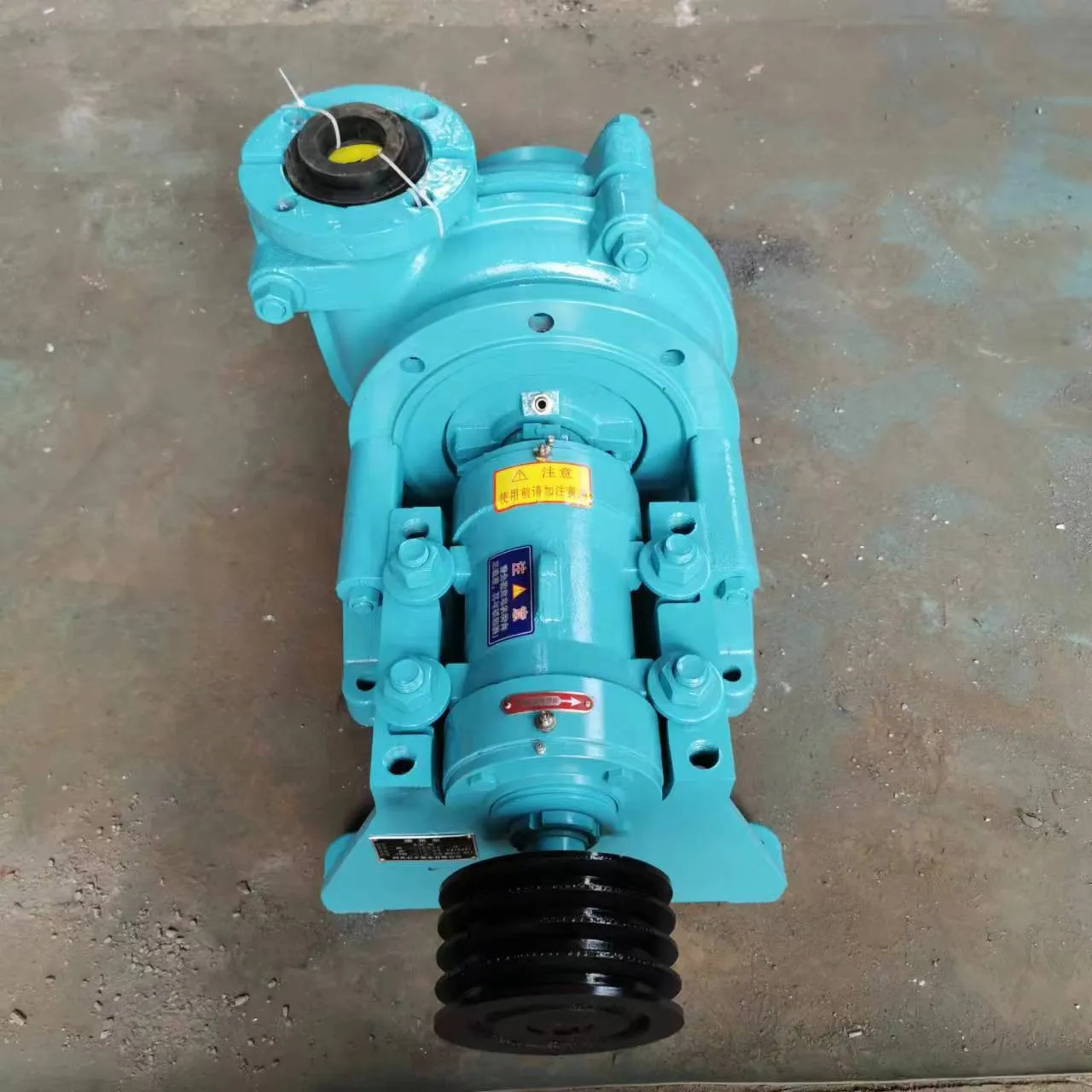Marathi
- Afrikaans
- Albanian
- Amharic
- Arabic
- Armenian
- Azerbaijani
- Basque
- Belarusian
- Bengali
- Bosnian
- Bulgarian
- Catalan
- Cebuano
- Corsican
- Croatian
- Czech
- Danish
- Dutch
- English
- Esperanto
- Estonian
- Finnish
- French
- Frisian
- Galician
- Georgian
- German
- Greek
- Gujarati
- Haitian Creole
- hausa
- hawaiian
- Hebrew
- Hindi
- Miao
- Hungarian
- Icelandic
- igbo
- Indonesian
- irish
- Italian
- Japanese
- Javanese
- Kannada
- kazakh
- Khmer
- Rwandese
- Korean
- Kurdish
- Kyrgyz
- Lao
- Latin
- Latvian
- Lithuanian
- Luxembourgish
- Macedonian
- Malgashi
- Malay
- Malayalam
- Maltese
- Maori
- Marathi
- Mongolian
- Myanmar
- Nepali
- Norwegian
- Norwegian
- Occitan
- Pashto
- Persian
- Polish
- Portuguese
- Punjabi
- Romanian
- Russian
- Samoan
- Scottish Gaelic
- Serbian
- Sesotho
- Shona
- Sindhi
- Sinhala
- Slovak
- Slovenian
- Somali
- Spanish
- Sundanese
- Swahili
- Swedish
- Tagalog
- Tajik
- Tamil
- Tatar
- Telugu
- Thai
- Turkish
- Turkmen
- Ukrainian
- Urdu
- Uighur
- Uzbek
- Vietnamese
- Welsh
- Bantu
- Yiddish
- Yoruba
- Zulu
Telephone: +86 13120555503
Email: frank@cypump.com
डिसेंबर . 21, 2024 01:13 Back to list
Optimal Pump Solutions for Wastewater Treatment Facilities and Their Efficiency Benefits
Wastewater Treatment Plant Pumps Essential Components for Clean Water
Wastewater treatment plants play a vital role in environmental protection and public health by treating sewage and industrial effluents before releasing them back into natural water bodies. A crucial component of these facilities is their pump systems, which are responsible for transporting wastewater through various treatment stages. The effectiveness and efficiency of wastewater treatment largely depend on the performance of these pumps.
Types of Pumps Used in Wastewater Treatment
There are several types of pumps utilized in wastewater treatment plants, each designed for specific tasks based on the characteristics of the wastewater being processed
. The most common types include1. Centrifugal Pumps These are widely used due to their ability to handle large volumes of liquid with varying levels of solids. Centrifugal pumps operate by converting rotational kinetic energy into hydrodynamic energy, allowing them to move fluid efficiently. They are typically employed in the initial stages of treatment, where the primary concern is moving wastewater to the treatment facilities.
2. Positive Displacement Pumps Unlike centrifugal pumps, positive displacement pumps move fluid by trapping a fixed amount of liquid and forcing it through the discharge pipe. This type of pump is especially useful for sludge transfer and for applications that require precise flow control. Positive displacement pumps ensure that the wastewater, which may contain a significant amount of solid waste, is handled effectively without blockages.
3. Submersible Pumps These pumps are designed to operate while submerged in the wastewater. They are particularly useful in lifting wastewater from collection pits or channels to the treatment plant. Submersible pumps are robust and designed to withstand harsh conditions, making them ideal for environments with varying depths and flow conditions.
wastewater treatment plant pumps

4. Aeration Pumps In the biological treatment phase, aeration pumps serve a critical function by introducing air into the wastewater. This process supports the growth of microorganisms that are essential for breaking down organic matter. Proper aeration is vital to maintaining the health of these microorganisms and ensuring effective treatment.
Challenges in Pump Operation
While pumps are integral to the wastewater treatment process, they also face numerous challenges. One of the main issues is clogging, caused by the presence of solids, fats, oils, and grease (FOG) in the wastewater. This not only hinders the pump's performance but can also lead to equipment failures and expensive maintenance costs. To mitigate this issue, many plants adopt screening processes to remove large debris before it reaches the pumps.
Another challenge is the wear and tear caused by the corrosive nature of wastewater, particularly in industrial treatment facilities. Pumps may require regular maintenance or even replacement to ensure optimal performance. In addition, energy efficiency is a growing concern, as pumping operations can account for a significant portion of a plant's energy consumption. Investing in energy-efficient pump technologies can lead to reduced operational costs and lower environmental impacts.
The Future of Wastewater Treatment Pumps
As technology continues to evolve, the future of wastewater treatment pumps looks promising. Innovations in smart technology, such as sensors and automated control systems, allow for real-time monitoring of pump performance and flow rates. This can enhance operational efficiencies and reduce the likelihood of failures. Additionally, advancements in materials science may lead to the development of more durable and corrosion-resistant pump designs.
In conclusion, pumps are the unsung heroes of wastewater treatment plants, playing an essential role in safeguarding public health and protecting our environment. Understanding their function, challenges, and advancements is crucial for ensuring that these facilities operate efficiently and effectively, ultimately contributing to the sustainable management of water resources. Investing in the right pump technologies and maintenance strategies will not only enhance the treatment process but also pave the way for a cleaner, healthier future.
-
ISG Series Vertical Pipeline Pump - Chi Yuan Pumps Co., LTD.|High Efficiency, Energy Saving, Low Noise
NewsJul.30,2025
-
ISG Series Vertical Pipeline Pump- Chi Yuan Pumps|High Efficiency&Low Noise
NewsJul.30,2025
-
ISG Series Vertical Pipeline Pump-Chi Yuan Pumps Co., LTD.|High Efficiency&Energy Conservation
NewsJul.30,2025
-
ISG Series Vertical Pipeline Pump - Chi Yuan Pumps Co., LTD.|Advanced Hydraulic Design&Energy-Efficient Solutions
NewsJul.30,2025
-
ISG Series Vertical Pipeline Pump - Chi Yuan Pumps Co., LTD.
NewsJul.30,2025
-
ISG Series Vertical Pipeline Pump - Chi Yuan Pumps Co., LTD.|energy-efficient fluid handling&industrial durability
NewsJul.30,2025










